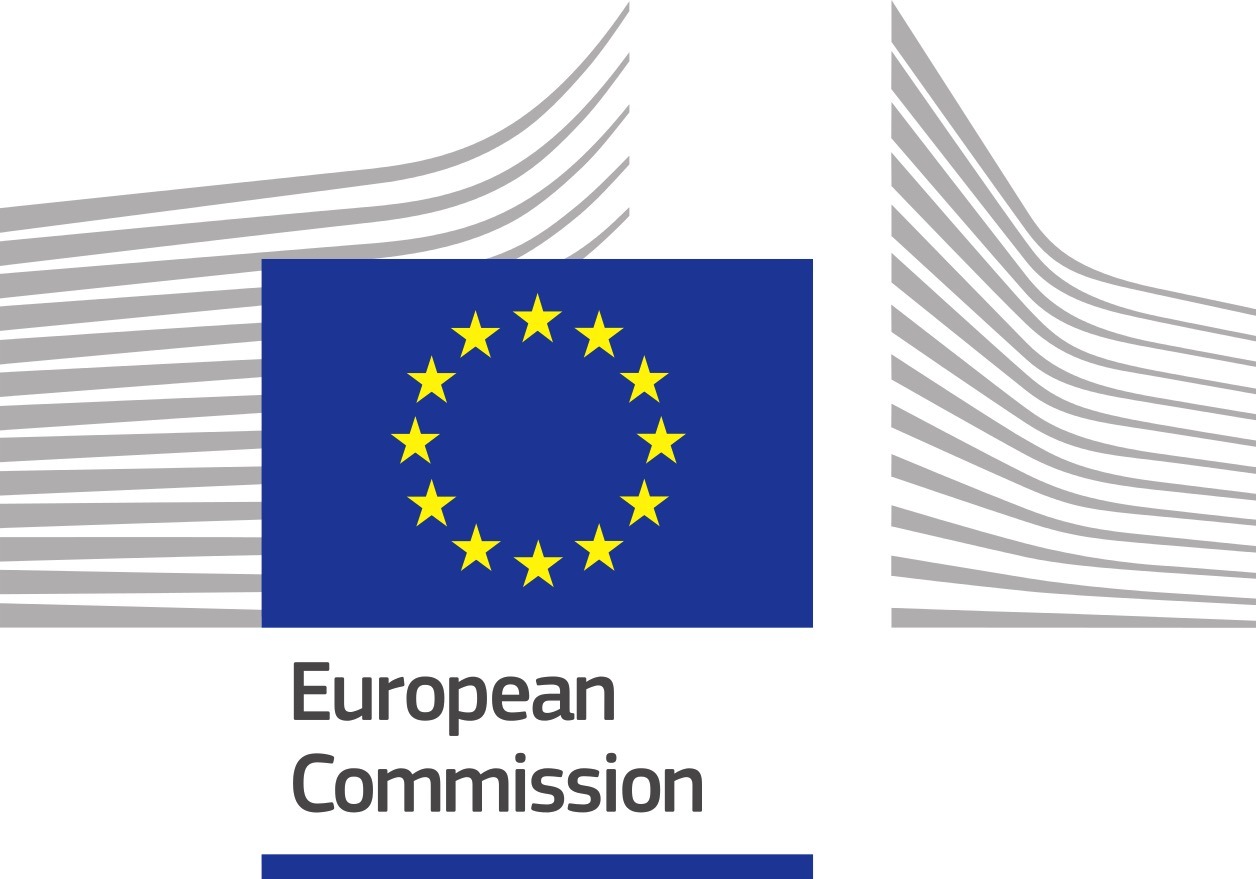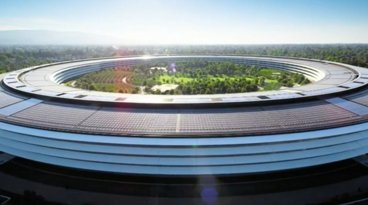Apple has filed its appeal with the European court of appeals, all declaring that the European Commission's decision to levy $14 billion in taxes on Apple on behalf of the EU is erroneous, against the rule of law, and should be stricken.
The 14 points of appeal introduced by Apple on Monday, and subsequently reported by FOSS Patents, challenge the European Commission (EC) on several fronts. Primarily, Apple contests that the Cork, Ireland, headquarters of Apple's European wing was properly set up, in accordance with all regulations and laws.
Additionally, other apparent accounting blunders by the EC while making its decision were brought up as well. Apple points out that the taxable income attributed to the Ireland branch was controlled was misapplied, giving more weight to the Irish operation than it should, and that back taxes were being applied to worldwide profits.
Apple also points out that drawing comparisons to other tax arrangements in the EU with other multi-national companies is improper, as the facts and laws differ from agreement to agreement. As such, Apple argues that their use in a legal battle about taxes is inappropriate and unfairly prejudicial to Apple.
Several appeal points also allege that Apple was not given the opportunity for a proper defense, was not allowed to present sufficient evidence to defend itself, and the small amount of expert opinions that Apple was allowed to bring to bear prior to the decision were ignored and rejected by the European Commission out of hand while making the decision.
Apple is seeking a complete annulment of the decision mandating the $14 billion payout, and is demanding costs of defending itself be reimbursed by the EC.
The investigation into Apple's tax affairs in Ireland ended in August 2016, with the Commission claiming tax rates on Apple's European profits were illegally low, down to 0.005 percent in 2014 and 1 percent in 2003. Ireland was accused of granting "illegal tax benefits" to Apple, and had been "reverse engineered" on the fly to guarantee a minimal tax bill as time progressed.
Both Apple and Ireland are contesting the ruling, with the Irish government "fundamentally disagreeing" with the findings and resisting the back tax repayments. Apple claims the European Union "took unilateral action and changed the rules, disregarding decades of Irish tax law, U.S. Tax law, as well as global consensus on tax policy."
In December, Apple CEO Tim Cook and other high-level executives were invited to Ireland to discuss the ruling and future action. Cook declined to attend, with Apple citing the legal complexity of the case behind his refusal, a move that Irish politicians considered to be a "snub to Irish people."
Earlier this month, it was revealed Ireland had spent 1.8 million euros ($1.9 million) on legal costs for the case so far, including the €1 million ($1.06 million) in costs reported in early October. The majority has gone towards lawyers representing Ireland in the case, with PwC Belgium receiving a total of 595,400 euros ($632,200) in fees.
It is thought the full appeals process could take four to five years to complete, with Irish PwC tax advisor Feargal O'Rourke confident the ruling could be overturned.
 Mike Wuerthele
Mike Wuerthele







-m.jpg)






 Christine McKee
Christine McKee
 Marko Zivkovic
Marko Zivkovic


 Amber Neely
Amber Neely
 Sponsored Content
Sponsored Content
 Wesley Hilliard
Wesley Hilliard










18 Comments
One point of contention for every billion extorted.
Slow plea. On deaf ears. Judge jury and executioner all on the arm.
They need to challenge the way this is levied.
Its not Apple the EU can charge. It's Ireland.
Apple let complies with Irelands law. Period. Zero wrongdoing.
Thats a fact. And it's a fact already agreed upon.
They dont owe money for what the past would have been based on a new law.
If the EU wants to pick a fight with the law, it's a fight with Ireland. And Ireland alone, since it was Ireland's laws that outside businesses abode by.
The EU is only going after apple because that's a lot of money they can steal in broad daylight. How else can you earn the money needed to fund entire countries without doing anything to earn it?
its illegal and very concerning that this is what we run into with a global economy. Strong arm bully extortion. Pure evil.
Apple did did what wrong exactly? Oh that's right. Nothing.
The he beef is with Irelands law. Therefore it with Ireland.
And Ireland did what wrong exactly? Create a tax law? Which is in their right as a country?
the EU is seriously overreaching. And there should be an investigation into those making up these things. Firing isn't enough. This is theft. Extortion. Blackmail. Really need to see some jail time here.
The EC is out of control. 1 in 10 rulings have any logic or sense at all and many are just making things up as they go. From the Right Whitewash History to this one, I have to wonder who runs the EC.
Not very convincing arguments.